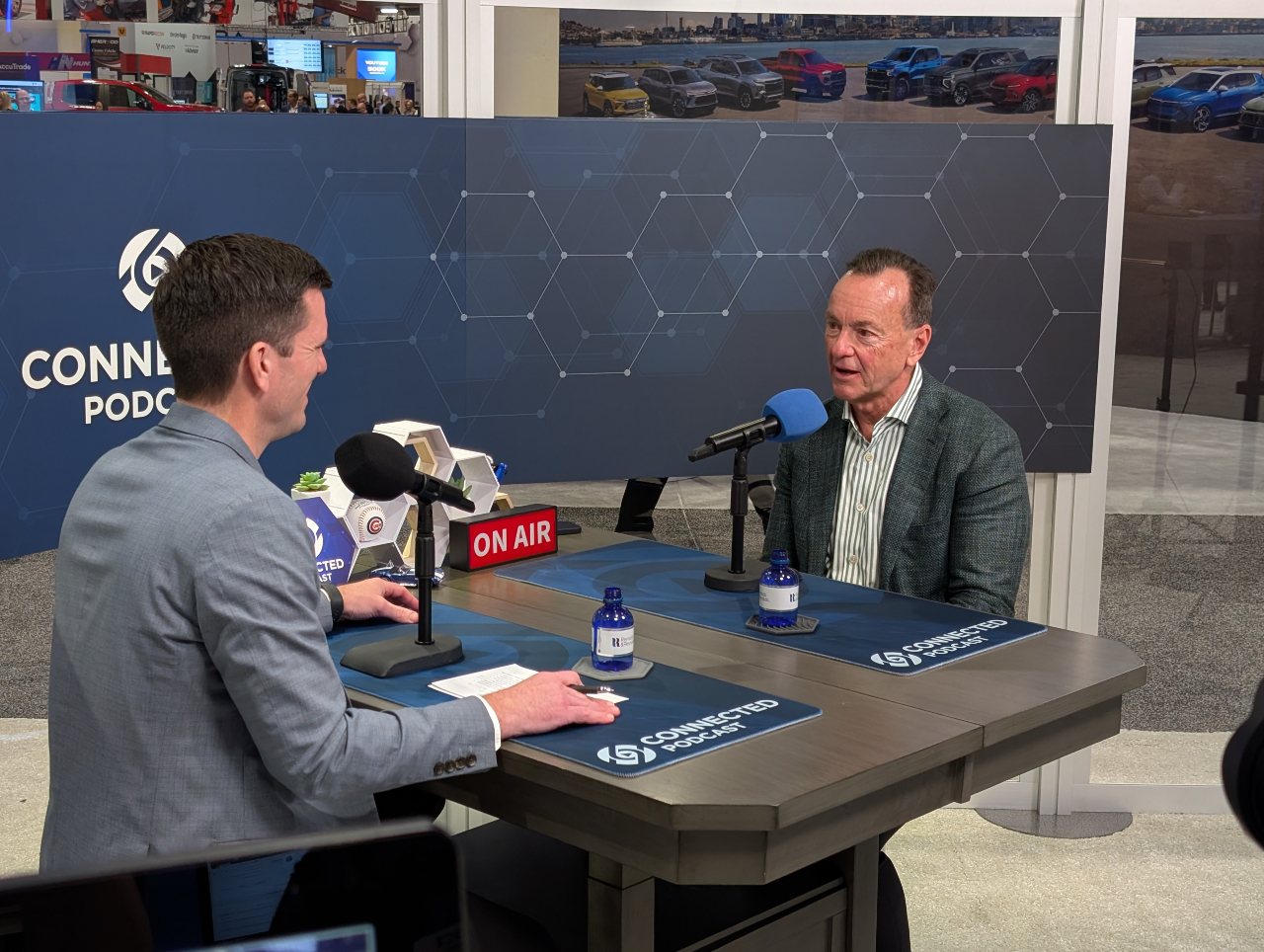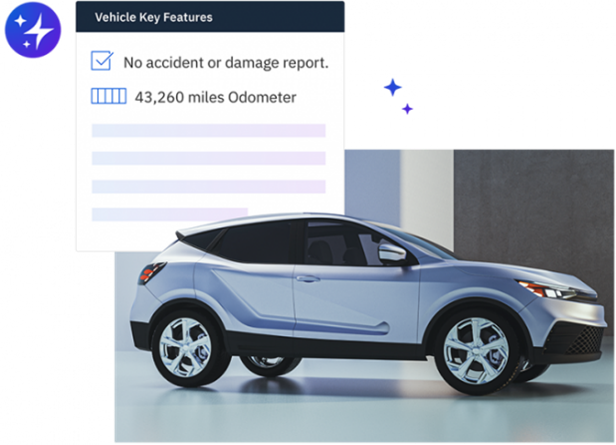Accessory Myth: “Pre-loading is enough for us.”
Article Highlights:
- Learn why pre-loading alone is not an effective strategy.
- "You are still missing out on a huge profit opportunity."
Our fifth and final accessory myth is a major deterrent when it comes to setting up an accessory department… “I don’t need to sell accessories; we pre-load vehicles.” Many dealers feel
pre-loading accessories onto their vehicles works well enough, and doing it any other way would be too complicated.
Pre-loading can be an effective means for selling accessories, but there are some downfalls and missed opportunities if that is your only strategy. Here are two reasons why pre-loading alone just isn’t good enough:
1) Dealerships have the potential to lose profit with pre-loading.
Dealers see pre-loading as a way to increase a car’s value and sell accessories to customers by pricing them into the deal. In reality, customers don’t value many accessories the same way dealerships do.
While a dealership may see an expensive pre-loaded feature as upping a car’s value and marketability, the customer may value that addition significantly less or not even want it on their vehicle. The perceived worth of the vehicle remains the same for the customer. When this happens, unwanted preloads are typically negotiated into the deal for next to nothing forcing your dealership to write them off as a loss.
2) With pre-loading, customers lose the opportunity to personalize their vehicles.
Pre-loading vehicles prevents customers from customizing their new vehicle to their liking. This has two potential drawbacks that could prove costly for dealers.
First, removing the customization experience also removes the opportunity from customers who may want to invest heavily in accessories. More than 25 percent of customers who accessorize their vehicles spend over $1,000—a revenue opportunity that dealers who only pre-load will miss out on.
Second, without customization, buyers may fail to develop a sense of attachment to the vehicle throughout the buying process, becoming less invested in the purchase overall. This may cause them to spend less on insurance and protection when they get to F&I, or they may back out on the deal altogether.
While pre-loading can be a simple, efficient way to bundle accessories into a deal and increase customer spending, the reality is you are still missing out on a huge profit opportunity if that is your only accessory strategy.
Consider an accessory approach that allows customers to shop for the accessories they want beyond what you’ve decided to pre-load. This will help your dealership maximize profit potential and boost customer satisfaction.
Related Articles:

The Future of Variable Ops with Experts at NADA 2025
Explore how AI is transforming variable operations in automotive retailing with insights from NADA 2025. Learn about efficiency, profitability, and fraud prevention from industry leaders.

Decision made regarding the Vehicle Shopping Rule – now what?
Check out five key takeaways from the Vehicle Shopping Rule to keep your dealership safe from FTC enforcement actions.

3 Ways AI Can Elevate Your Dealership’s Online Inventory
On average, Americans are exposed to between 4,000 and 10,000 advertisements every day. From commercials on TV to billboards on your way to work, all…

The Pizza Playbook – What Ordering Pizza Teaches Us About F&I
For as long as I can remember, my family had “pizza night” every week. Without fail, every Friday evening we’d all gather around the computer…















